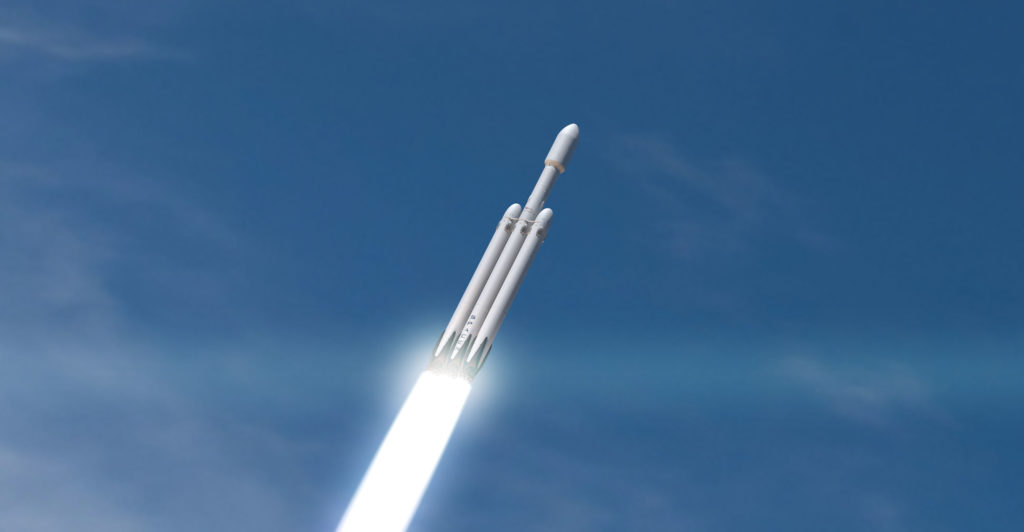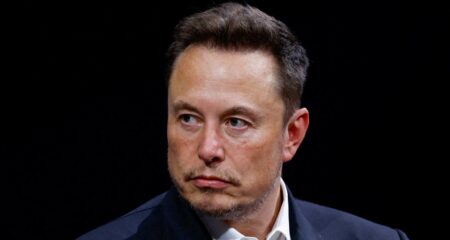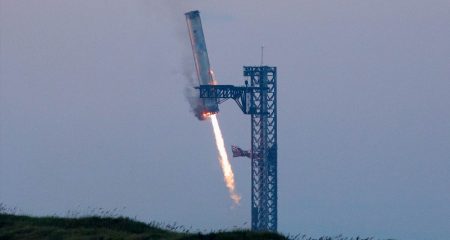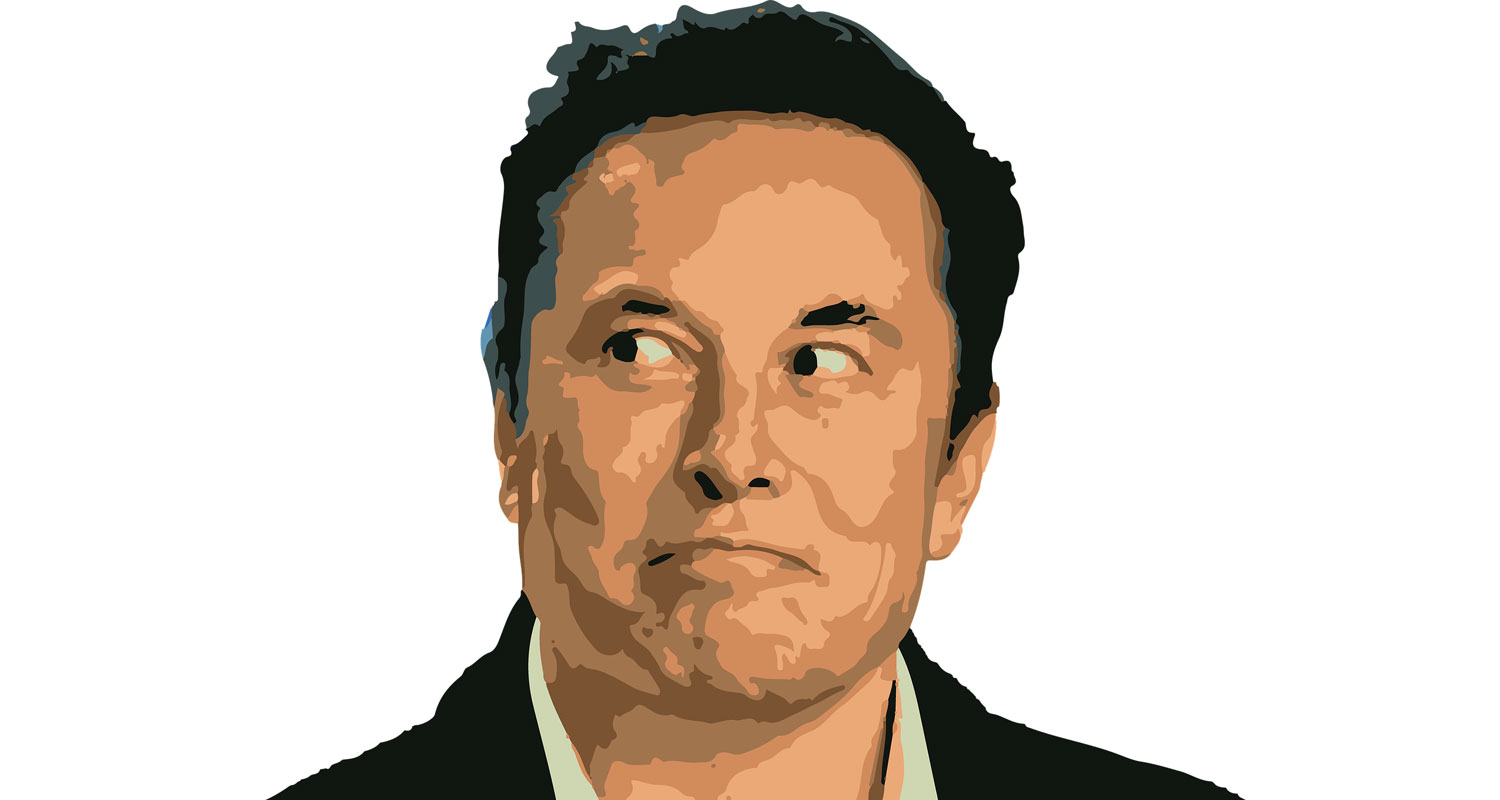 Maybe Elon Musk will acquire Twitter before a court-appointed 28 October deadline to complete the US$44-billion acquisition rolls around. Maybe the price of Tesla’s shares, currency that Musk may need to rely on to help pay for the deal, will bounce back from a grinding downturn. Maybe the seven banks that have arranged a $13-billion loan — and stand to lose as much as $500-million on the transaction — will hang tough. Maybe the coalition of rich guys and venture capitalists who promised to chip in $7-billion to support Musk’s bid will stick around.
Maybe Elon Musk will acquire Twitter before a court-appointed 28 October deadline to complete the US$44-billion acquisition rolls around. Maybe the price of Tesla’s shares, currency that Musk may need to rely on to help pay for the deal, will bounce back from a grinding downturn. Maybe the seven banks that have arranged a $13-billion loan — and stand to lose as much as $500-million on the transaction — will hang tough. Maybe the coalition of rich guys and venture capitalists who promised to chip in $7-billion to support Musk’s bid will stick around.
That’s a lot of maybes, however, even for an entrepreneur accustomed to vaulting past expectations while also peddling ill-informed bunk about a wide range of subjects, including Covid-19, reality TV, reproduction, Martian democracy, and the fates of Taiwan and Ukraine. And this time, for the first time, Musk has the law closely corralling his shenanigans. (Previous tepid monitoring and slaps on the wrist from the US Securities and Exchange Commission don’t count.)
The lying, spin and misdirection Musk has attached to his Twitter bid might have been fun when he first hatched the offer, but a judge is looking now. Yes, he’s the world’s richest person, but his sagging Tesla shares, among his most liquid holdings, lost 16% of their value last week after the company’s car sales didn’t meet expectations. He may have to fork over more cash or sell assets such as part of his stake in SpaceX to fully fund the takeover. Reality is catching up to Musk, and it’s all very Trumpy.
There are distinct differences between Musk and former US President Donald Trump, of course. Musk hasn’t been running around fomenting coups, for example, so the fallout from his brinksmanship is less consequential. But he has run roughshod over business norms, securities regulations and the truth in his pursuit of Twitter, wasting a lot of other people’s time and money and toying with the fates of Twitter’s 7 500 employees. His penchant for doing as he pleases without worrying about the damage is in sync with Trump’s own mojo.
Both men are thin-skinned and unpredictable; they both revel in lashing out at their critics on social media; they both use social media to foster cults of personality; and they both seem to think they possess a universal intelligence.
Musk and Trump have also both attracted flocks of courtiers and enablers who are eager to further their own ambitions, bask in their access to power or make a little money. Such sycophancy has produced rafts of tragicomic propaganda.
“Donald Trump is at his very best, at his very best, when he talks about the issues,” the former president’s adviser, Kellyanne Conway once said of the man who studiously avoided learning anything about most issues. Jack Dorsey, a Twitter founder and former CEO whose mismanagement of the company helped make it a takeover target, waxed heroic about Musk’s attempted buyout: “Elon is the singular solution I trust. I trust his mission to extend the light of consciousness.”
The ‘everything app’
Extending the light of consciousness doesn’t really seem to be the animating force behind Musk’s Twitter bid. What is? Well, Musk will tell you that it’s “an accelerant to creating X, the everything app”. Ah, yes, the everything app. An app that meets every consumer need has enormous business appeal, and some already exist in places like China. But US regulators are unlikely to sign off on a venture like that and, as Olson also noted, “it’s probably not the best idea for someone as volatile as Musk to oversee an app on which millions engage in social commentary, payments, shopping, identification and more”.
But saying you have a mega-app called “X” in mind, without putting any clothing on the idea, sends out just the right amount of guru-ness to the fanbase. When one Musk follower told him on Twitter that it “would have been easier to just start X from scratch”, Musk hit that softball out of the park with this reply: “Twitter probably accelerates X by 3 to 5 years, but I could be wrong.”
Translation: “Twitter, which I don’t own yet and which is in a notoriously fickle industry that I have never worked in, will speed up the development of an unknown X I’ve never really elaborated upon, and by a metric I just invented.” This sounds like, wait for it, wait for it … Trump.
The former president has been fumbling through the launch of a Twitter competitor because managing media companies is hard, and money and celebrity alone aren’t enough to make them successful. He entered the White House promising to bring business-like efficiency to the Washington swamp but never really elaborated on the concept. And then he bestowed chaos on everything around him and filled the swamp with his own people. “I will give you everything,” Trump promised when he campaigned for the presidency and didn’t deliver on most of it.
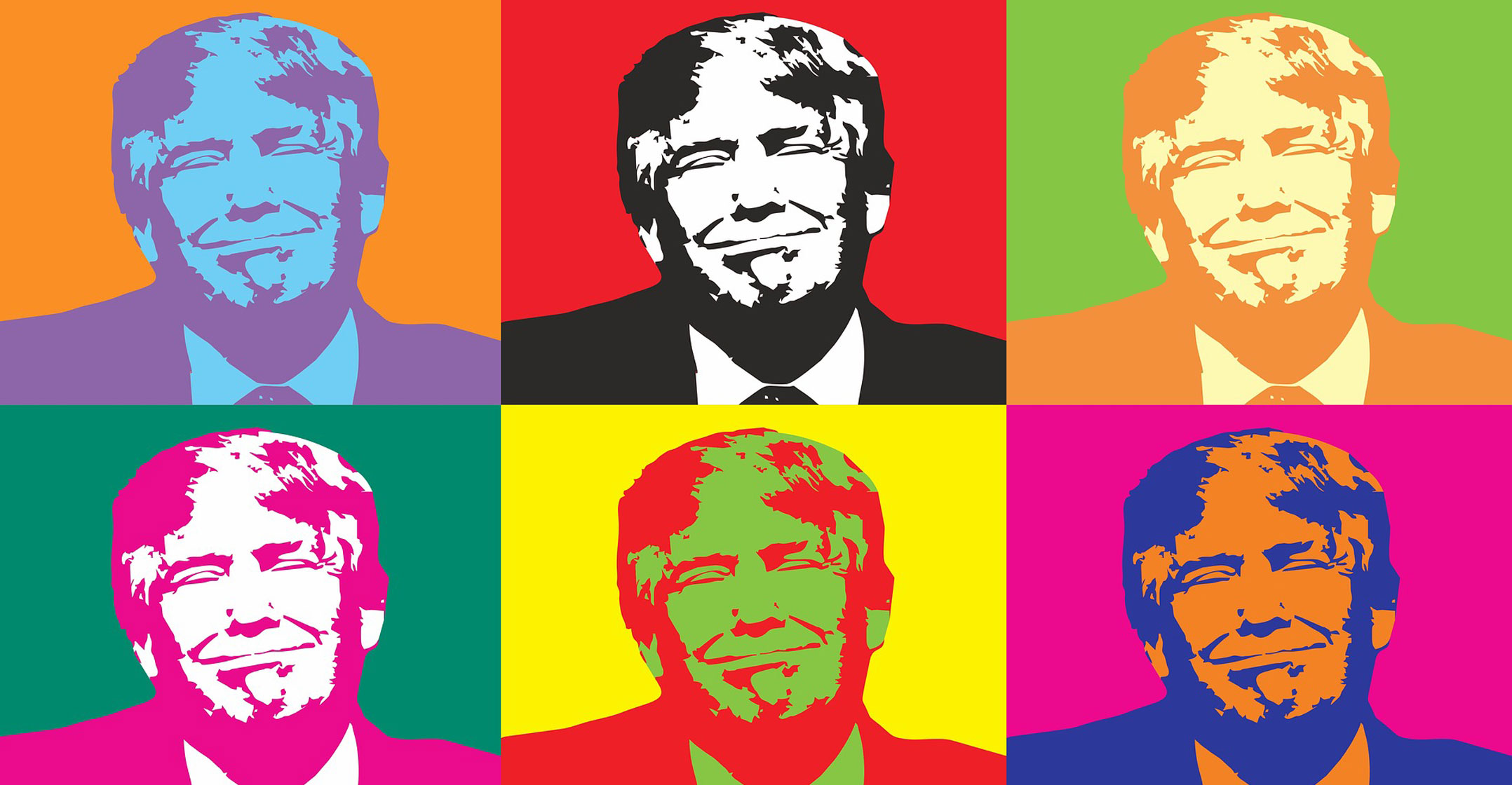
A significant portion of Trump’s more concrete actions, many involving potential election fraud and financial wrongdoing, have landed him in the lap of the law. State and federal civil and criminal prosecutions of Trump and his minions are afoot. Trump has circumnavigated the rule of law for decades, and he may prove elusive again, but he’s facing some formidable challenges.
Musk — who has amazing, outsize accomplishments under his belt at Tesla and SpaceX — isn’t anywhere close to the kinds of existential legal problems Trump is enduring. Still, for someone who routinely thumbed his nose at the SEC, his experience going against Twitter in the Delaware chancery court to try to extricate himself from the buyout has to have been a sobering experience.
The case was an embarrassment for Musk. Cringeworthy text messages and other communications were released. And judge Kathaleen McCormick has presided over the matter with an iron fist, refusing to let Musk or his lawyers get away with any hijinks. When it became apparent that he wasn’t going to win in court and would have to endure a gruelling deposition, Musk pulled the plug on the case and is now revisiting the Twitter takeover. The court caught up with him.
Musk has also ventured into dangerous legal territory. If he doesn’t have a deal in place by 28 October, McCormick plans to proceed with a trial in November. He also told the judge — not just investors and the media — that he intends to complete the buyout. She might decide to force him to close the deal, or she might find evidence of securities fraud in his court machinations. Some investors are also probably waiting in the wings, ready to sue Musk if he doesn’t follow through.
That’s a lot of pressure. And Musk will most likely slip past most of it. Even so, his Twitter foray has made him recognisable to anyone who has seen Trump exposed on multiple occasions — as the emperor who has no clothes. — Timothy L O’Brien, (c) 2022 Bloomberg LP


